Thousands of people get injured every year due to defective products, unsafe premises, medical negligence, and other causes.
Ontario residents who get injured have 2 very important rights – the right to sue and the right to recover damages from the person responsible for their injuries.
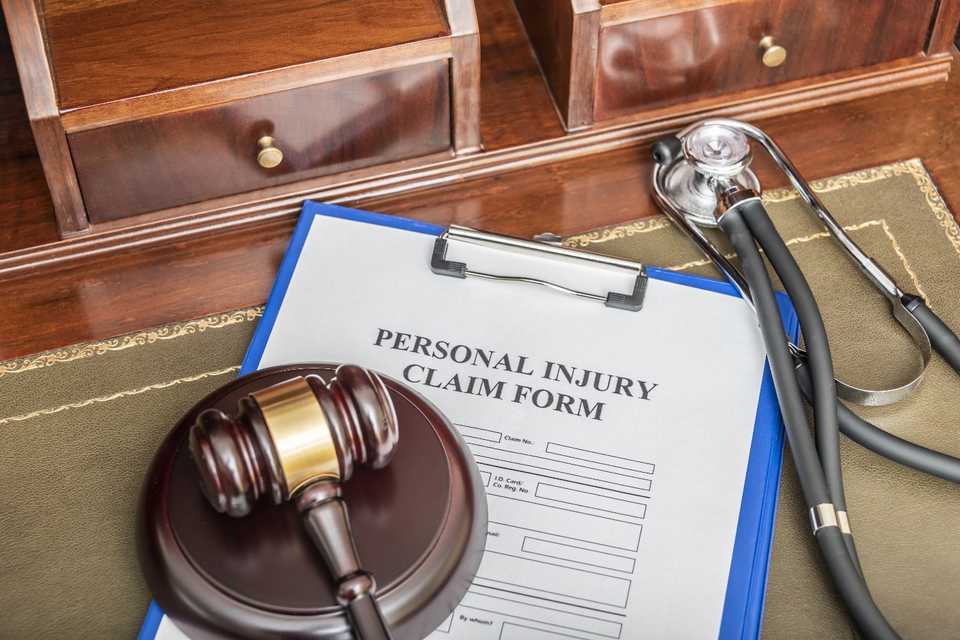
Knowing your rights can help you claim compensation that you are legally entitled to.
Any individual with a cause of action can do it through the courts or via settlement (out of court) with negotiations.
An experienced personal injury lawyer can help evaluate if you have a cause of action and the best strategy to recover damages suffered.
Find a lawyer to help you claim compensation for a personal injury by filling out a short online form, free of charge!
What does personal injury law in Ontario cover?
The courts in Ontario acknowledge personal injury cases of different types.
When you have a cause of action, you are filing a specific legal claim with facts that can be proven to entitle you to compensation.
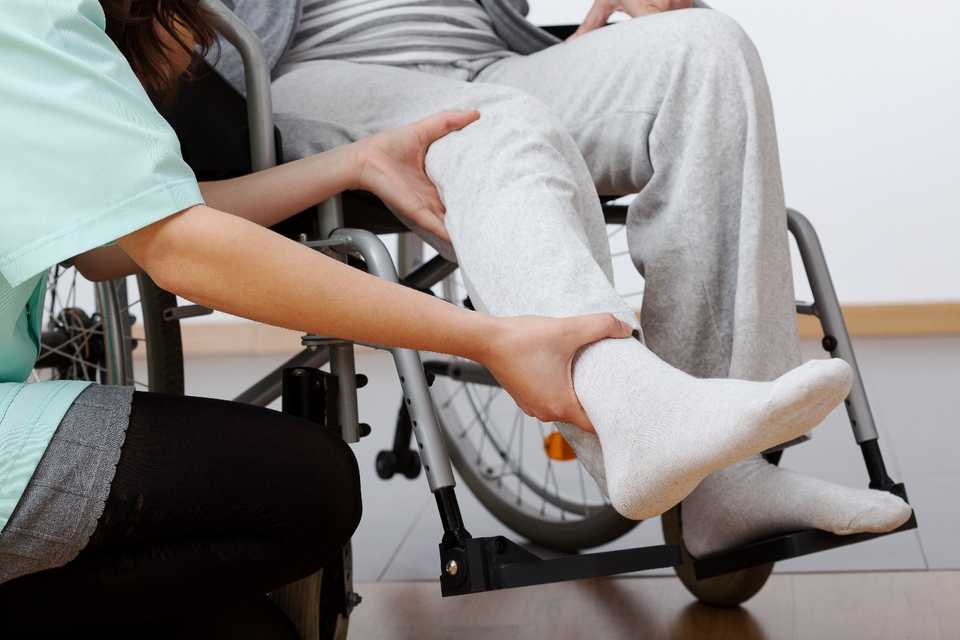
Common causes of action for personal injury in Ontario are:
- Defective Products
- Premises-liability for trips, falls, or slips
- Dog bites
- Wrongful death
- Automobile accidents due to negligence
An individual with a cause of action can take it to court with a personal injury lawyer or negotiate a settlement with the responsible party.
It is important to note, however, that the right to use has a time limit and other restrictions.
Time Limits & Restrictions on Personal Injury Cases
The law on personal injury in Ontario puts limitations on the time when an individual can file a claim in court.
Failure to follow the prescribed time limit means a person injured cannot file a suit anymore.
The Limitations Act prescribes filing a suit within 2 years as determined by the following conditions:
- From the date that a person finds out that the injury sustained was caused in full or in part by the action or omission of a person. The injured person is filing a claim to remedy it.
- From the date that any reasonable person should have known it.
There is a presumption under the law that an individual would know of his claim on the date the injury occurred. This can be argued, however, as a lot of surgical injuries happen when a patient is unconscious. He or she can only discover the fact much later.
In addition, the Limitations Act provides certain exceptions on the 2-year time limit. For example, the prescribed limit for a minor at the time the injury occurred runs only when he reaches the age of 18.
More Limitations on Lawsuits For Personal Injury
A Personal Injury lawsuit in Ontario seeks compensation for “damages” which can be awarded by the court. The award aims to compensate the plaintiff for all aspects of the injury to return him to the position he would have enjoyed before the incident.
Various types of damages could account for several aspects – emotional, physical, and psychological:
-
Medical bills
-
Damage to property
-
Loss of income
-
Pain & suffering
-
Disfigurement
-
Loss of enjoyment of life
-
Claims by family members under the Family Law Act
In Canada, the law has limitations on what damages can be compensated in various ways including:
-
Evidence: A plaintiff cannot be awarded damages simply by proving an injury from another person’s wrongful act. The plaintiff also needs to prove the amount of damages he is entitled to. He must gather, collect, organize, and present such evidence.
-
Cap on Non-pecuniary damages: Non-financial damages throughout Canada were capped at $100,000 in 1978. These are damages that are not related to money such as the loss of enjoyment of life and pain and suffering.
Over the years, the courts have allowed changes to account for inflation. In Ontario, the courts apply the cap which, as of 2022, is around $418,000.
Personal Injury Claims in Ontario vs. Quebec
Are personal injury regulations the same in Ontario and Quebec?
If you are filing a lawsuit for personal injury, location plays a big role . Whether your injury is a result of a car accident, a fall, or medical negligence, clear differences are evident in Quebec and Ontario.
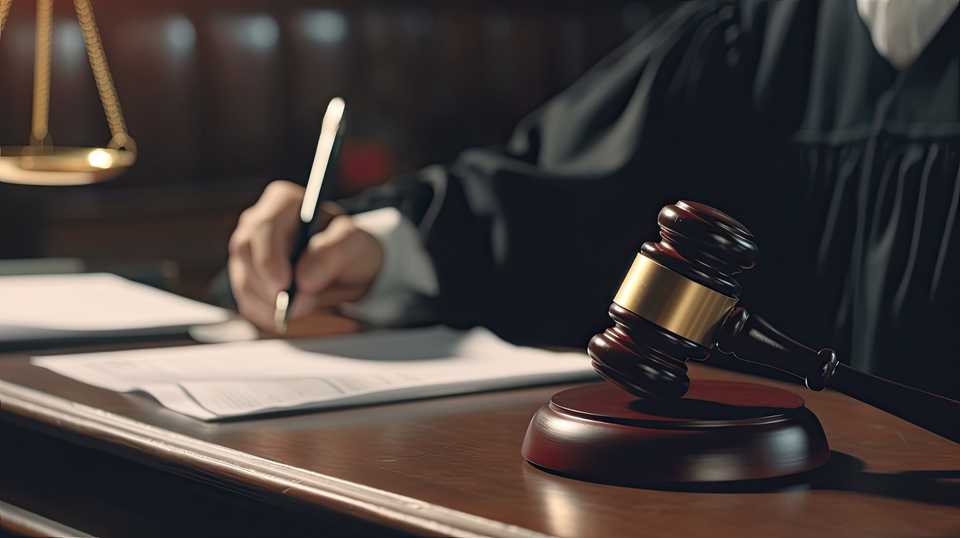
Injury law is governed by provincial laws. Knowing the distinctions in each province is important for plaintiffs to maximize compensation.
Ontario has a common law system (sometimes called a judge-made system) which is heavily influenced by case law and judicial precedent. It is not based on a comprehensive set of rules but rather on the interpretations and decisions of judges.
For a plaintiff in Ontario, judges will decide on a personal injury lawsuit based on precedents or create one for future cases. New types of personal injuries evolve from this case-based approach that adapts to societal changes. But it can also be unpredictable since courts may have varying interpretations.
How does it differ in Quebec?
Quebec, on the other hand,follows the Quebec Civil Code which falls under civil law. It sets legal rules and principles; they are not based on judges’ interpretation but on written legislation. Judges apply the legal codes to each individual case .
Quebec’s Civil law is clear on personal injury cases, the calculation of damages, and the rights of the victims.
Personal Injury Due to Car Accidents in Ontario
Motor vehicle accidents remain the most common type of personal injury that results in court cases.
An injured individual can sue for compensation based on common law principles and the right to claim benefits under the no-fault accident system.

Statutory Accident Benefits Schedule (SABS) gives individuals of a motor vehicle accident specific benefits. With regard to victims with severe injuries, the SABS system is more complicated in terms of impairment assessment.
Quebec, however, applies a no-fault system managed by the Societe de l'Assurance Automobile du Quebec (SAAQ). While claims can be filed in Ontario under common law, Quebec does not allow persons to sue for vehicular accidents but automatically provides benefits to the victims.
Residents of Ontario may be unfamiliar with Quebec’s system or vice-versa and this lack of understanding can cause confusion for individuals injured in Ontario or Quebec.
Ontario’s Tort System vs. Quebec’s No-Fault System
Another important distinction regarding personal injury law in Ontario and Quebec is the legal fees.
Quebec has a no-fault system that does not pay legal fees. The emphasis is on administrative tribunals rather than personal injury law.
In Ontario, the SABS system does not offer a way for an injured plaintiff to recover legal fees but he can also sue an at-fault driver and collect damages and some legal fees.
Ontario follows a system where the “loser” pays, referred to as a tort system . The successful plaintiff can recover legal fees. Some people who are injured while traveling think they can file a case in their own city where the provincial law will apply.
This is actually untrue as the tort system does not apply to Ontario residents who suffer injuries while in Quebec. On the other hand, Quebecers injured while visiting Ontario may be able to file a tort claim.
Where did you sustain your injury?
In other words, if a car accident occurs in Quebec, the laws there will apply. If the accident occurs in Ontario, the laws in Ontario apply.
Many people travel daily across the Ontario-Quebec border as some live in one province but work in another. They may also have a secondary residence in the other province.
A Quebec resident who gets injured in Toronto can collect SAAQ benefits in Quebec and still claim compensation under Ontario’s common law claim system.
Understanding how the law works in both provinces will help you know what rights you possess and how you can protect them.
Wrongful death claims: Who can sue?
To lose a loved one is always painful and difficult, especially if it happens because of an accident and under tragic circumstances.
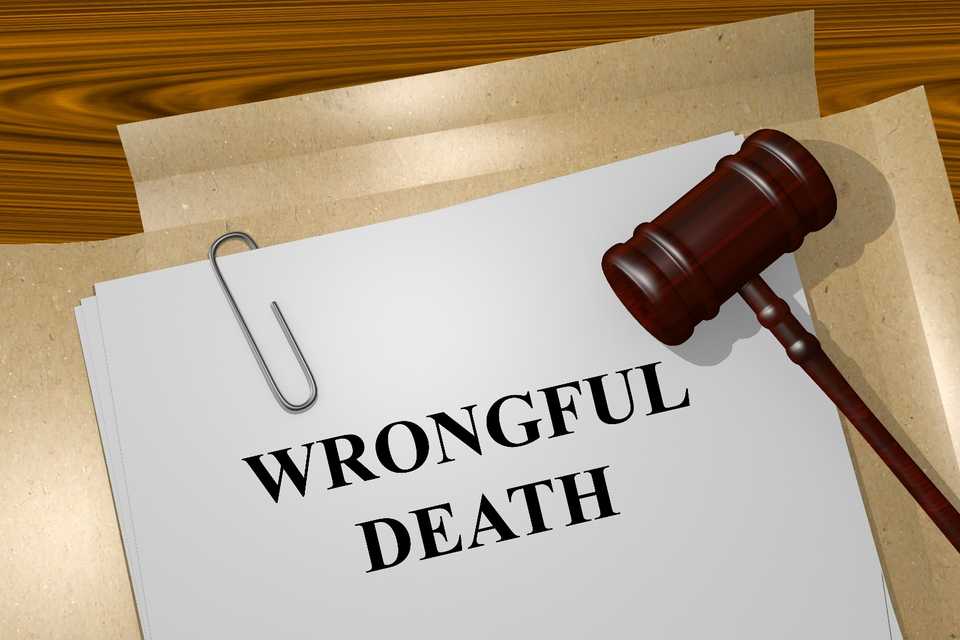
Wrongful death pertains to the death of an individual due to an accident or injury caused by the negligent actions of another, whether intentional or not. Wrongful death claims are civil cases wherein a family member can sue for financial losses and non-pecuniary losses.
Wrongful death actions generally involve:
-
Homicide
-
Medical negligence
-
Product Liability (faulty car part, prescription drugs, etc.)
-
Death due to a drunk driver
Ontario law for wrongful death lawsuits is covered by the Family Law Act. The court will determine damages in a wrongful death case based on personal injury damages had the victim survived.
According to the Act, family members may file action for damages:
-
Spouses (including common-law partners)
-
Children
-
Parents
-
Grandchildren
-
Siblings
A lawsuit can be filed for the wrongful death of a person against individuals, companies, government agencies, or associations.
Losses that can be claimed under wrongful death
There are general claims that can be made under wrongful death cases such as:
- The loss of income from the victim if death had not occurred;
- Loss of companionship, guidance, and care that dependents could have received from the victim;
- Travel expenses of dependents for visiting the victim during treatment before death;
- Loss of childcare or household services from the victim if death had not occurred;
- Medical bills, medications, and treatments before death;
- Funeral and burial costs.
How much is the maximum compensation?
The amount of the compensation for damages depends on the claim . Aside from financial losses, the courts can award a maximum amount of $125,000 for the loss of guidance, care, and companionship.
Similar to personal injury cases, a lawsuit for wrongful death has a time limit of 2 years from the date of death.
Consult a personal injury lawyer about the wrongful death of a family member or partner. Experienced lawyers can evaluate your case and offer legal advice and guidance on your next step!
Fill out the short online form on this page to connect with personal injury lawyers in Ontario!
The Cost of Personal Injury Lawyers in Ontario
Recent surveys among lawyers show that they charge between $12,000 and $30,000 for bringing a lawsuit and a trial.
Small claims cost much less, usually a small fee for filing and serving documents to the opposing side.
Unlike other types of legal cases, disability cases and personal injury cases are usually accepted by lawyers on a “contingency” principle.
A lawyer from a law firm can take on a personal injury case based on a percentage of the amount awarded by the court. If the lawsuit fails and no compensation is awarded, the lawyer will get nothing, too.
If you are considering making a claim for personal injury and want to know the legal fees, check the table below for more information.
Example of Contingency Fees of Personal Injury Lawyers
| Type of Personal Injury Case | Contingency Fee |
|---|---|
| Brain injury & other personal injuries (Falls, slips, etc.) | 29% of the total compensation collected |
| Long-term and Disability | 33% of the total compensation collected |
| Legal Malpractice and Solicitor negligence | 35% of the total compensation collected |
| Medical malpractice | 30% of the total compensation collected |
The client will be asked to sign a contingency retainer agreement. Before you sign such an agreement, lawyers are required to provide a copy of this Guide to Contingency Retainer Agreements from the Law Society of Ontario.
By law, the maximum fee that a paralegal or lawyer can charge cannot exceed the amount of the settlement or award.
Other costs for a Personal Injury Lawsuit
Recent surveys among lawyers show that a personal injury lawyer can charge from $12,000 to $30,000 for bringing a lawsuit and a trial.
Small claims cost much less and usually involve a small fee for filing and serving documents to the opposing side.
In a civil lawsuit, the plaintiff can spend from $2,000 to $5,000 to begin legal proceedings and have the lawyer submit a Statement of Claim.
Responding to the opposing side’s submissions and examining for discovery can cost another $5,000.
Presentation of the case in court at a trial can cost another $5,000 to $15,000 in legal fees.
As you can see, legal fees can be substantial. For this reason, many plaintiffs agree to settle out of court.
It is worth noting that aside from the award from the court for damages, the “winning” party of a case can also be entitled to recover disbursements in starting or defending a lawsuit.
Product Liability Claims in Ontario
Did you suffer a physical injury or was your property damaged because of a product you purchased? You can seek compensation from the store that sold it and the manufacturer.
You must check the warranty or guarantee from the store and the manufacturer. You may be able to get a refund or other compensation based on the warranty.

If you were injured, you can also seek compensation for financial losses, medical costs, and for pain and suffering as a result of the injury.
If the product has no express warranty or the defect is not covered by the warranty, you can still be entitled to compensation. The Sale of Goods Act states that stores have 3 legal obligations to their customers, regardless of whether or not the product came with a specific warranty.
- Stores must sell products that suit their purpose. They must function in the way they are supposed to.
- If the item was purchased based on a description such as from a catalogue, the goods must fit the description.
- If the item was purchased based on a description, the item should be fit to be sold.
Cancellation and Refunds for seller violations
Customers can cancel a contract or receive a refund if a seller violates these provisions. Should a seller refuse to make a refund, your next option is to contact the manufacturer. If you cannot get satisfaction from both, you can file a claim in a Small Claims Court (for minor damages).
You can also sue a distributor, manufacturer, or retailer for false statements about the use or safety of their products for negligent misrepresentation.
Starting a Lawsuit for Civil Claims

Civil lawsuits differ but they mostly follow a standard procedure. The procedures also vary depending on where your case will be conducted and the amount of the claim. A personal injury lawyer can help you with these procedures.
Small Claims Court
If you are suing for less than $35,000, you can file your claim in Small Claims Court. You can proceed without a lawyer, and the filing and other fees are lower. While it isn’t required, you can still consult a lawyer to ensure your documents are in order and submitted in a timely manner.
Simplified Procedure Rule
If you are filing a claim for $35,000 up to $100,000, you can use the Simplified Procedure Rule in the Superior Court of Justice. If you decide to do this, you must claim for any of the following:
- Money
- Real property
- Personal Property
You may also use the Simplified Procedure even if your claim exceeds $100,000 if the defendant does not object.
A lawsuit can be time-consuming and costly and this procedure aims to make it less so. Despite its name, many people find it complicated and decide to ask a lawyer to assist.
Superior Court of Justice
If your claim is for more than $100,000 or if the nature of your claim is not within the purview of the Simplified Procedure, you should file in the Superior Court of Justice under the standard rules.
The requirements and legal processes of this type of case are more complex and will need the assistance of a lawyer.
Whether you file your claim in Small Claims Court or in the Superior Court of Justice, you will need to do the following:
- Contact a lawyer to get legal assistance
- Write and file a Statement of Claim
- Wait for the opposing party to file a Statement of Defence
You may need to participate in mandatory mediation or pre-trial motions. Many cases are settled before going to trial.
Consult a Lawyer before you file a Lawsuit
When you decide to sue someone, you should also know that the other party can counterclaim and assert that you caused harm or loss. If your opponent succeeds, you may end up losing in court and even pay their claim and court fees.
You should consult an experienced lawyer to assess your claim before you start a lawsuit.
What are the alternatives to lawsuits in Ontario?

For people who want to resolve a disagreement or a claim, there are alternatives to filing a lawsuit. They are less costly and could take less time than a lawsuit.
Mediation
In a mediation procedure, the parties involved can reach an agreement. A mediator facilitates the discussion but final decisions are made by those involved.
It is a practical solution that is viable to parties who are willing to cooperate and reach an agreement.
Arbitration
Parties can also reach an agreement with arbitration wherein an arbitrator makes the final decision. It is a bit similar to a judge hearing and deciding on a case.
Both parties must agree to have their issue resolved by an arbitrator. It costs less than going to court. The arbitrator’s decision is final.
Many lawyers in Ontario practice dispute resolution. If you need an arbitrator or mediator, fill out the short online form on this page, free of charge.
FAQS on Personal Injury Cases in Ontario
A personal injury case can be a very emotional one due to personal losses incurred, financial or otherwise.
You must hire an experienced personal injury lawyer in Ontario to guide you in your steps, fight for your rights in court, or negotiate the best settlement quickly.
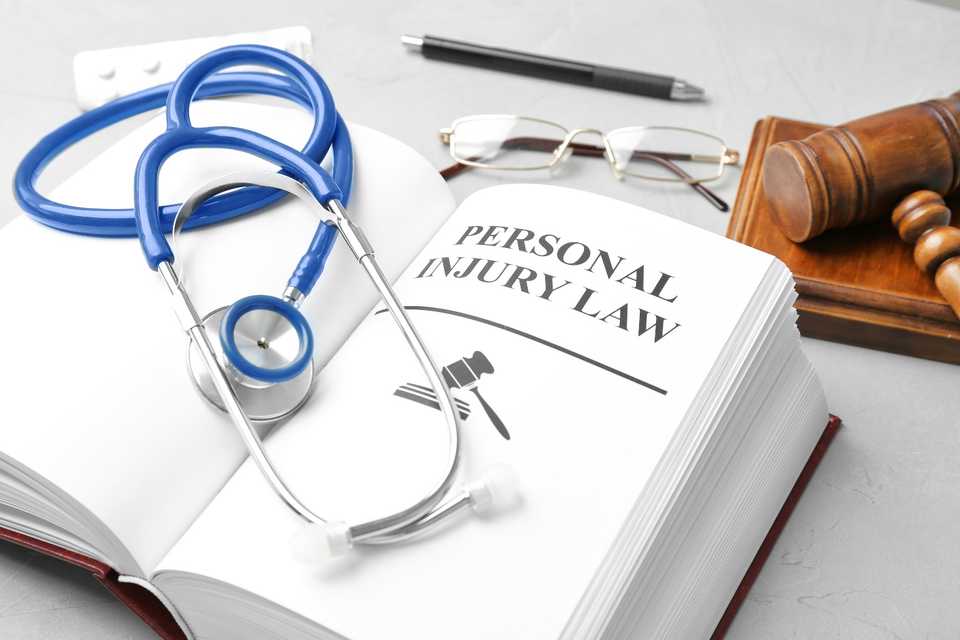
We present below some of the most important FAQs on personal injury cases to help you in your decision-making.
What benefits can you claim for automobile accidents?
Ontario has a no-fault insurance system which means the insurer will always pay the benefits covered by the policy, whether it was your fault or the other driver’s. These benefits only pay for bodily injury and not property damage.
You or a family member can initiate a civil action for other damages from an automobile accident with the help of an experienced personal injury lawyer.
Under the Family Law Act (FLA), a victim can sue for loss of care and companionship, permanent and serious injuries, psychological or physical injuries, and even death.
Who can you sue for a trip, fall, or slip?
If you get injured, you can sue for compensationunder Ontario’s Occupier Liability Act. You can sue the property owner where the fall occurred such as a hospital, school, store, a neighbor, or the city.
When can I file a lawsuit?
A civil action can be brought against a business, a person, or the government that is responsible for a financial loss or injury. You have the right to sue, whether the action was intentional or not.
There are time limits for starting a lawsuit, depending on its nature and circumstances. You should consult a personal injury lawyer as soon as possible.
Can I file a claim for a dog bite?
If a person is bitten by a dog, he can sue the dog owner for damages, regardless if the owner was negligent or not. Ontario has a Dog Owners’ Liability Act that holds them responsible for bites or damage to other persons or other domestic animals.
Can I sue the city or municipality for damages?
If you get injured on municipal premises, you can sue for compensation for your injuries. The Municipal Act states that municipalities have a duty to pedestrians regarding their safety. This covers parks, walkways, public buildings, roads, and sidewalls. Find a personal injury lawyer to help you file a lawsuit against a city or municipality.
How long does a civil case get to trial?
Many lawsuits never get to trial as they are abandoned or settled out of court. A typical case, however, usually get to trial in 2 to 5 years.
Why does it take so long? The justice system must give both sides enough time to prepare for the case at each stage of the legal action. During this time, the parties can also explore other opportunities to settle the claim.
Choose a personal injury lawyer to represent you!

Taking legal action in a personal injury case can be quite stressful . You will need a good lawyer to get you through this and increase your chances of success.
You will need to consider factors like experience, track record, and even communication style . With proper research, you will know what you want and choose the best lawyer for your case.
You will also need to check the law firm’s past cases and their success rate with cases similar to yours. In the end, you alone can make the choice of the best lawyer to represent you!
We can make it easier if you fill out the form below, free of charge, and get connected to the top personal injury lawyers near you .
Compare the best lawyers and pick the right lawyer to handle your case with our no-obligation service!